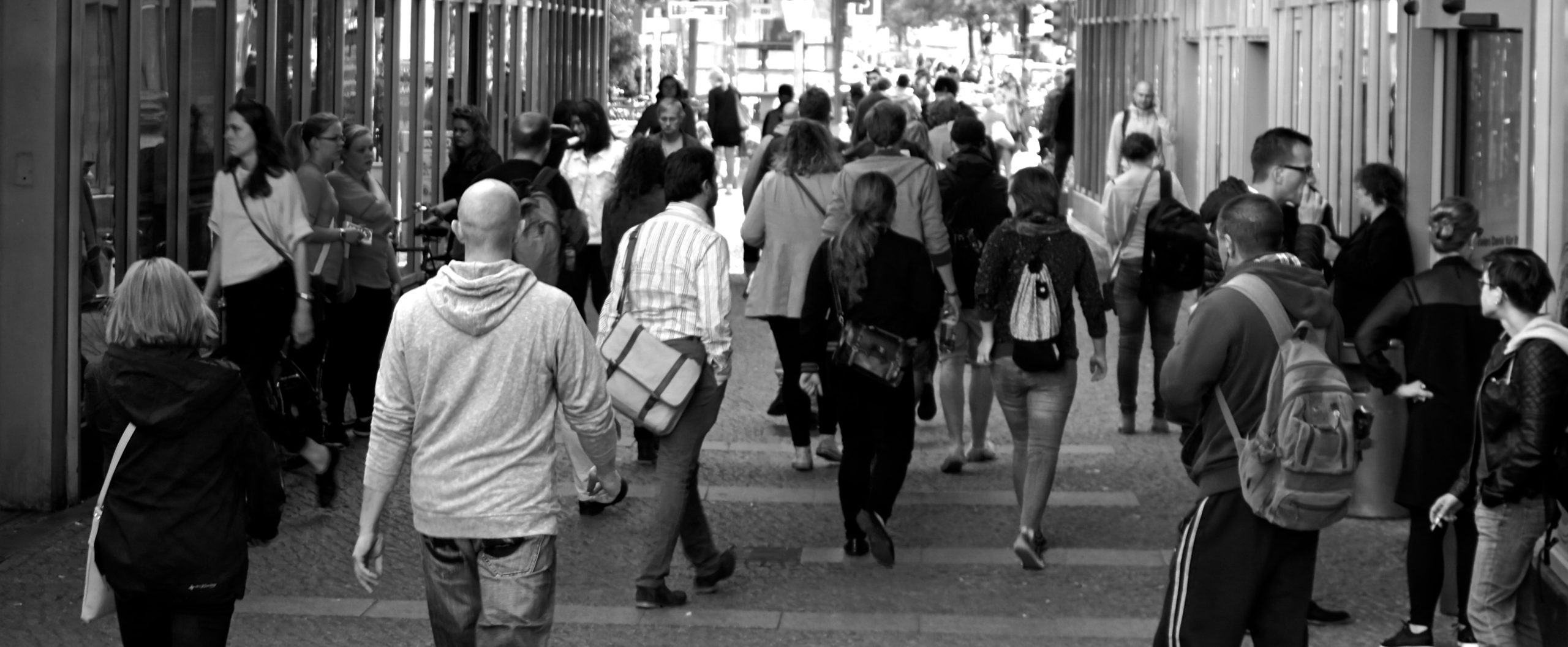
Real relationships don’t work like Facebook. Thanks be to God.
I attended a town meeting last month. I live in a suburb of St. Louis—a village really—populated by some 1,500 souls. Many have lived here for decades. The homes range from the 1920s to the 1950s and from the $120s to the $170s. It sits adjacent to both a university and the recently worst-rated school district in the state. Our residents come in both lighter and darker shades of skin. Like most Midwestern metropolitan areas, racial tensions regularly percolate and sometimes arise (we’re only a couple of miles from infamous Ferguson). Neighborhood yards feature both red and blue signs during campaign seasons. With a small-town complexion in a city context, the diversity provides a remarkably representative cross section of our entire country.
The possibility of fireworks at this particular meeting piqued my curiosity. Village administration (a mayor, a clerk, three aldermen, and three police officers) had hired a property inspector in the spring. Town bylaws stipulate certain exterior standards in the interest of preserving property values. Local government hasn’t strictly enforced the criteria for some time. But this May more than half the homes received violation notices. Without specified improvements—some of them quite expensive—by September, they would face fines. The situation even made the St. Louis newspaper.
Turnout to the town meeting was robust. Fifty or seventy-five of us crowded into a room designed for about half as many. (I sat on a radiator while several others had to remain in the hallway.) The mayor proceeded briskly through preliminary business. He prudently recognized most of us hadn’t shown up to read minutes. The floor opened for questions and comments at about 7:20. By 9:00, I reckoned I’d been beholding a near miracle.
For over an hour and a half, no one shouted. No one swore. Nobody accused. Nobody cried. Dozens of different folks spoke, from teenagers to octogenarians. Each patiently raised his or her hand and waited his or her turn. No interrupting. No insulting. No snark or sarcasm. Political parties and postures didn’t even enter the dialogue. People did have grievances. They did have demands. They did voice them passionately and persistently. They didn’t hide how indignant and angry they felt. But they disagreed without disrespect. They appeared to appreciate how we all have to inhabit a common space. They authentically wanted to continue figuring out how to live together like neighbors. One lady suggested establishing a neighborhood watch, and several others offered to help. Another fellow began drawing up a list of “good neighbors”—one column for those who needed assistance addressing property issues and the other for those who would be willing to provide it when contacted.
We don’t always see such civility, do we. Sensationalist news media seems almost allergic to it. Workplaces appear to prefer griping and gossip. Facebook echo chambers and internet anonymity are driving civility to the brink of extinction. Technologies that promise to bridge distances also divulge the original sin that makes us selfish and divisive. Even congregational board meetings and voters’ assemblies can deteriorate into rivalries. And pro-life demonstrations, discussions, and disagreements sometimes proceed in animosity instead of the sanctity we profess.
Life issues aren’t merely differences of opinion. Life issues aren’t primarily personal matters or political affiliations. Life issues aren’t simply points to prove and arguments to win. We aim even higher than convincing opponents, overturning verdicts, ending abortion, or preventing assisted suicide. Life issues involve people—hearts and lives and eternities—that are precious treasures of God and special privileges to us. The Gospel we have, the one about God’s grace, forgiveness, and love for everyone, brings joy. The Gospel we love, the one about Jesus Christ’s humility and servanthood toward humankind, gives hope. The Gospel that motivates us works relationships and rebirths, even without our prayers or labors.
Let’s turn off the screens. Let’s pick up the phone and pay a visit. Let’s learn from Jesus how to question and listen. Let’s remember how to investigate together and suggest instead of insisting. Let’s affirm agreement, however minute. Let’s speak courageously but compassionately. Let’s show them their heavenly worth even if they would promote death. Let’s share their holy purpose with them even if they would permit death. Let’s cheerfully ignore online grumpiness without outdoing it with our own. Let’s patiently, gently resist digital bitterness rather than reacting in kind.
If a village can do it, how much more the kingdom of God!